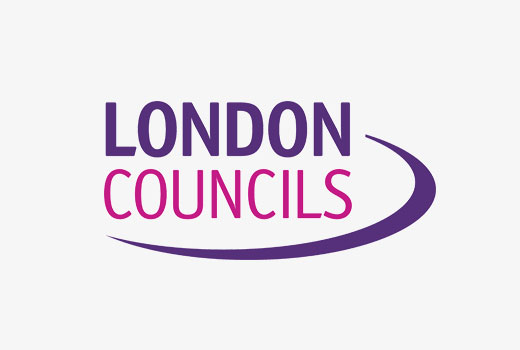London Councils responds to the draft Building Safety Bill
London Councils has responded to the government’s draft Building Safety Bill, which takes forward reforms to the building and fire safety system.
Cllr Darren Rodwell, London Councils’ Executive Member for Housing & Planning, said: “Boroughs and our residents will be relieved to see the government introducing essential reforms and improvements to how buildings are regulated and kept safe.
“Three years on from Grenfell and we’re still a long way from a fit for purpose safety regime. London boroughs have repeatedly called for faster progress, so we welcome ministers pressing ahead with this crucial agenda.
“However, we remain concerned at the continuing lack of government support for funding safety works and remediation of dangerous cladding on high-rise blocks owned by social landlords – which is a particular challenge in London.
“While the changes set out in the draft Bill are a positive step, they won’t be enough by themselves. Boroughs will continue to work with ministers and to seek the action and resources required to address our remaining concerns.”
London Councils has highlighted three ongoing key priorities for improving building safety: funding; leaseholder access; and the scope and implementation timescales for new safety measures.

Although boroughs have welcomed the government’s grants for remediation activity so far, these have only paid for the removal of ACM cladding. The £1bn Building Safety Fund earmarked for the remediation of non-ACM external wall systems largely excludes social landlords, unless the remediation costs threaten the financial viability of the provider or the council’s housing revenue account – a very high bar to meet.
London Councils fears these conditions will see boroughs scale back spending in other vital areas to compensate for remediation costs, including investment in desperately needed new social housing.
Boroughs also believe robust powers are needed for entering, inspecting, and enforcing safety action in leaseholder-owned properties in multi-occupancy residential buildings. As it stands, local authorities have uncertain legal rights which makes whole-building safety works problematic and costly.
London Councils’ third area of key concern is around the Building Safety Bill’s scope and implementation timescale.
The government has proposed measures only covering buildings over 18 metres or more than six storeys. This is an arbitrary figure and London Councils wants the Bill to reflect the recommendation of the London Fire Brigade and apply to all multi-occupancy residential buildings above 11m and all buildings where vulnerable people sleep.
